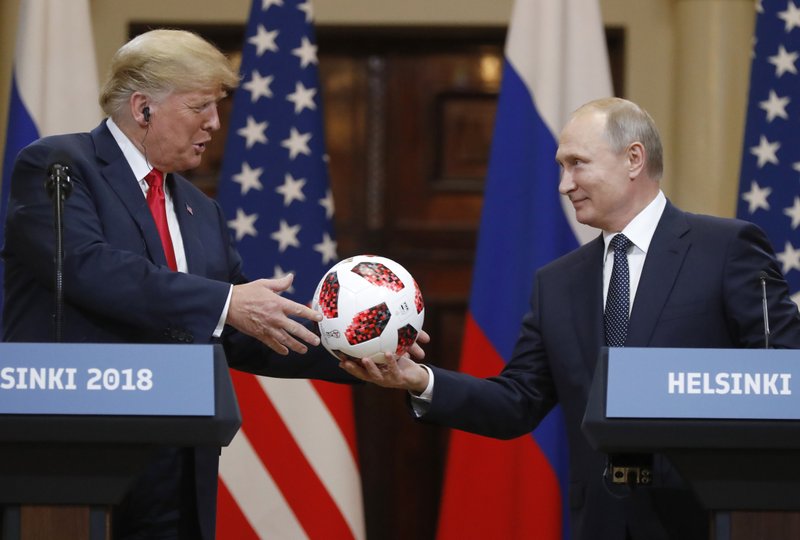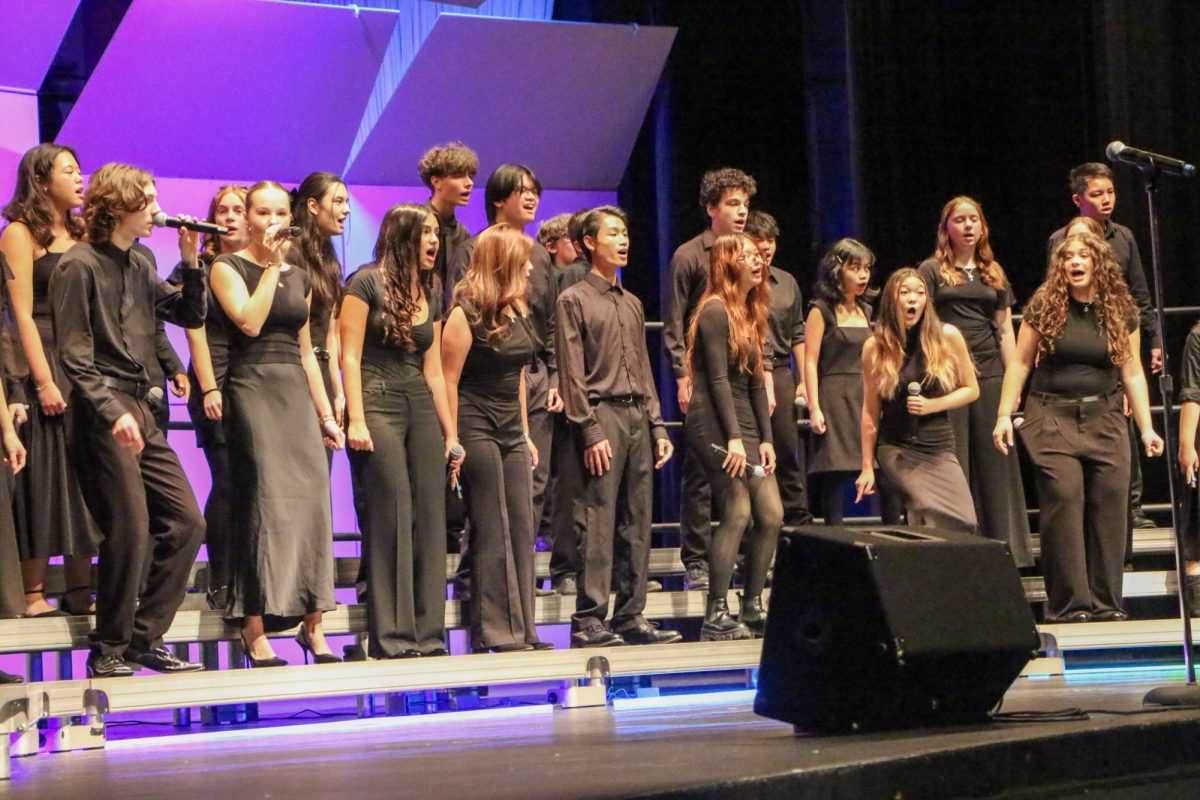Politics in Review: Summer 2018
Aug 17, 2018
Whew. It’s been a long summer. Whether you spent it snoozing at the beach, catching up with friends, or going on vacation, there’s probably a lot you missed- in politics, that is.
A lot happened over the summer between the Illinois gubernatorial heating up, coverage of the Trump administration’s Russia problem, the North Korea Summit, and the prospect of a blue wave in the 2018 elections.
In state politics, the gubernatorial race has gone down the toilet– literally. It started with Gov. Bruce Rauner (R) releasing an ad attacking billionaire opponent J.B Pritzker (D) for supposedly removing the toilets from his Chicago Gold Coast mansions to avoid paying more in taxes. Pritzker shot back with an ad accusing Rauner, also a billionaire, of filing 22 tax appeals on his nine homes. Regardless if either candidate truly did these things, the use of the attack ads is indicative of how the campaigns will play out closer to the elections. Ultimately, it’s expected that Pritzker will be able to flush out the competition, considering Rauner is one of the most unpopular governors in the nation.
“I think it’s a rather interesting race, a lot of people aren’t all that crazy about Bruce Rauner,” senior Umar Ahmed said. “You can see that both sides are pounding out some rather offensive ads. I think that Rauner’s ads are a tad bit absurd, he’s just trying to draw too many ties between J.B and Madigan, which simply don’t exist. J.B is also hitting back at those absurd ads. If you look at his puppies ad, that does a pretty good job at singularly targeting that out. By November, it’s going to be a lot more heated, but J.B has a pretty good chance just because not all that many people are crazy about Rauner. He barely won the primary nomination.”
In national electoral news, perhaps the biggest development is an anticipated blue wave. With self-proclaimed “democratic socialist” candidate Alexandria Ocasio-Cortez pulling a massive primary upset in New York’s 14th congressional district against Rep. Joe Crowley, one of the top-ranking Democrats in the House of Representatives. Some have likened this to the Tea Party movement in 2010, where Republican incumbents lost their primaries to Tea Party insurgents.
Social studies teacher Joseph Edwards believes it’s not necessarily the elections that indicate the possibility of a blue wave, but the polling data instead.
“I’ve read a few articles that these special elections aren’t necessarily indicative of what will happen in the fall, but that a better indicator is polling data and that kind of stuff,” Edwards said. “Both those things do indicate that the Democrats should do pretty well. I think it’s going to be very difficult for them to get the Senate, but the House they should, and that’s going to cause problems–I think–for Trump, because they’re going to have subpoena power and be able to have hearings.”
The Trump administration also saw its fair share of political headaches over the summer, from ex-Trump Campaign Chairman Paul Manafort currently in trial, special counsel Robert Mueller indicting Russian foreign agents, and more recently ex-political aid Omarosa Manigault releasing audio tapes of Chief of Staff John Kelly firing Manigault and of a call between President Donald Trump and Manigault.
Although, the Manafort trial and Mueller indictments do not directly link Trump to any sort of supposed Russian collusion. The trial and indictments are still important in indicating how the special investigation will continue. A win in the Manafort trial could be seen as a step towards Mueller finding more corruption, and a loss could bring calls for an end to the special counsel altogether.
And of course, on the international stage, there was the Helsinki Summit with Russia and the Singapore Summit with North Korea. In the Helsinki Summit, President Trump met with Russian President Vladimir Putin, where they met behind closed doors and had a roughly two conversation about unknown topics. The two also later held a press conference together, in which Trump seemingly agreed with Putin that Russia did not attempt to influence the 2016 election.
In the Singapore Summit, President Trump met with North Korean Dictator Kim Jong-Un and supposedly came to a nuclear non-proliferation agreement that included full denuclearization of North Korea. However, there has so far been scant evidence that North Korea has taken actions.
Senior Hana Frisch believes that the Korean Summit was a waste of time and only helped North Korea.
“I think the Korea summit was all flash. There was nothing behind it really and there was evidence that showed North Korea actually increased their nuclear capacity after the meeting. So basically, it just made Kim Jong-un look legitimate and made us just look stupid,” Frisch said.
Now that you know what you missed, here’s what you should keep an eye out for as the school year progresses:
- The general election will take place on Nov. 6. It will decide our new Illinois Governor and have national implications if the Democrats take either house of Congress.
- The Mueller probe was planned on being wrapped up in September, but with the recent indictments it’s expected the investigation will continue.
- On the international front, Trump has invited Putin to the White House, which has been postponed for now but may very well end up happening. Additionally, the North Korea non-proliferation talks will continue, since the regime has showed no clear signs of slowing down nuclear production.




